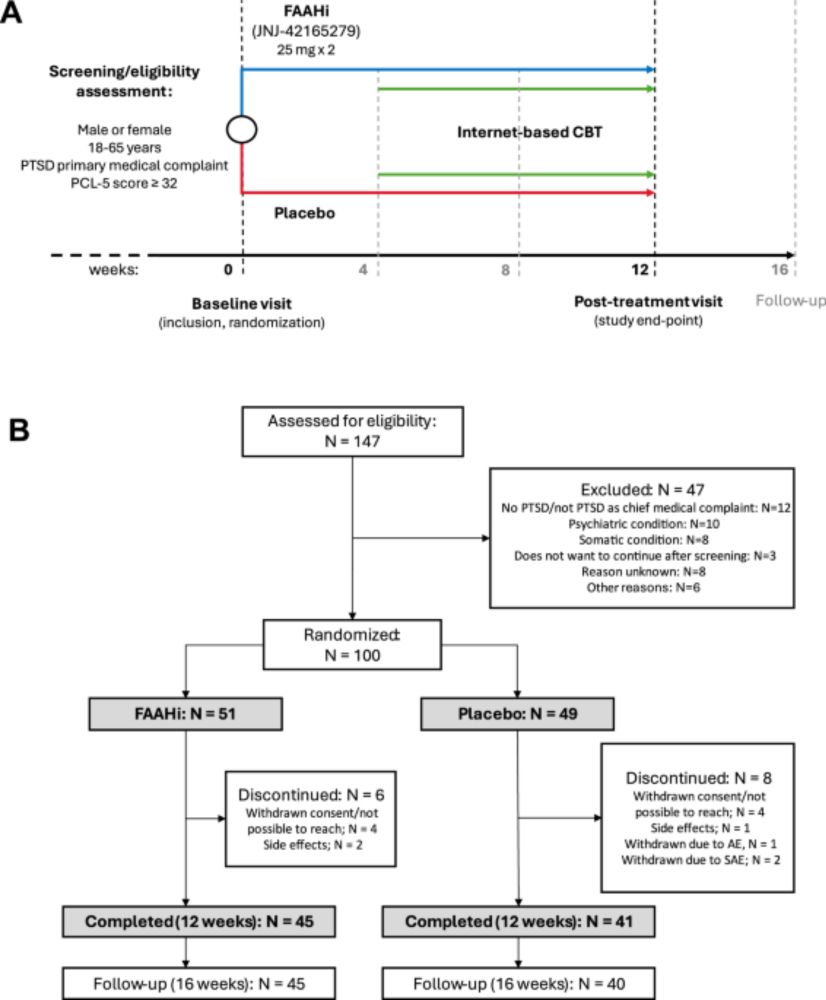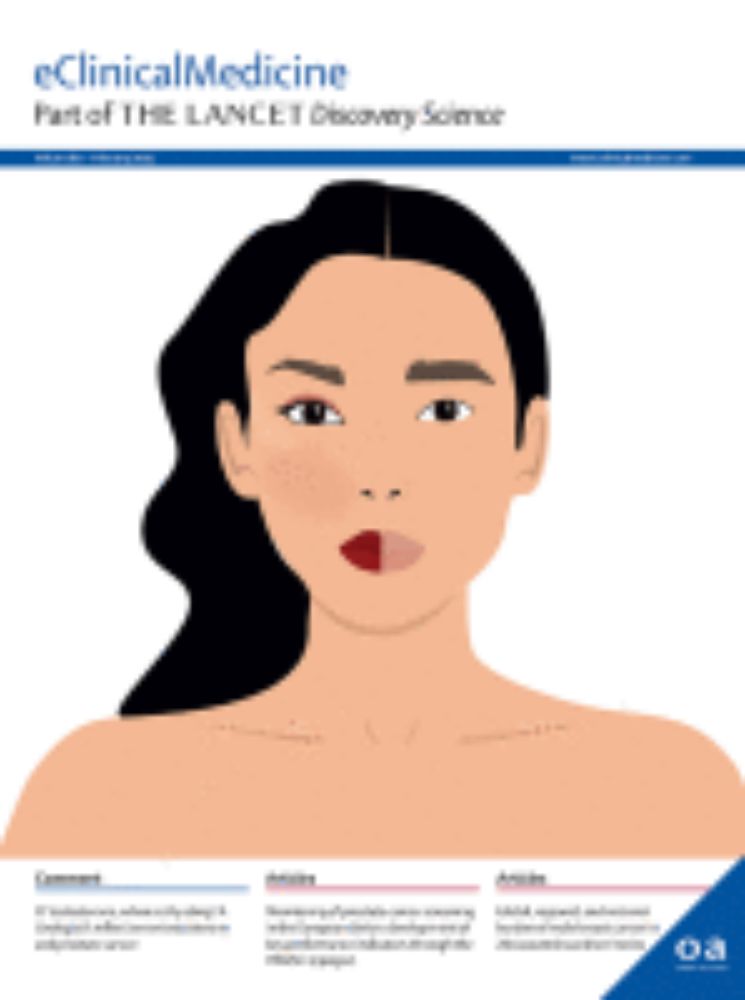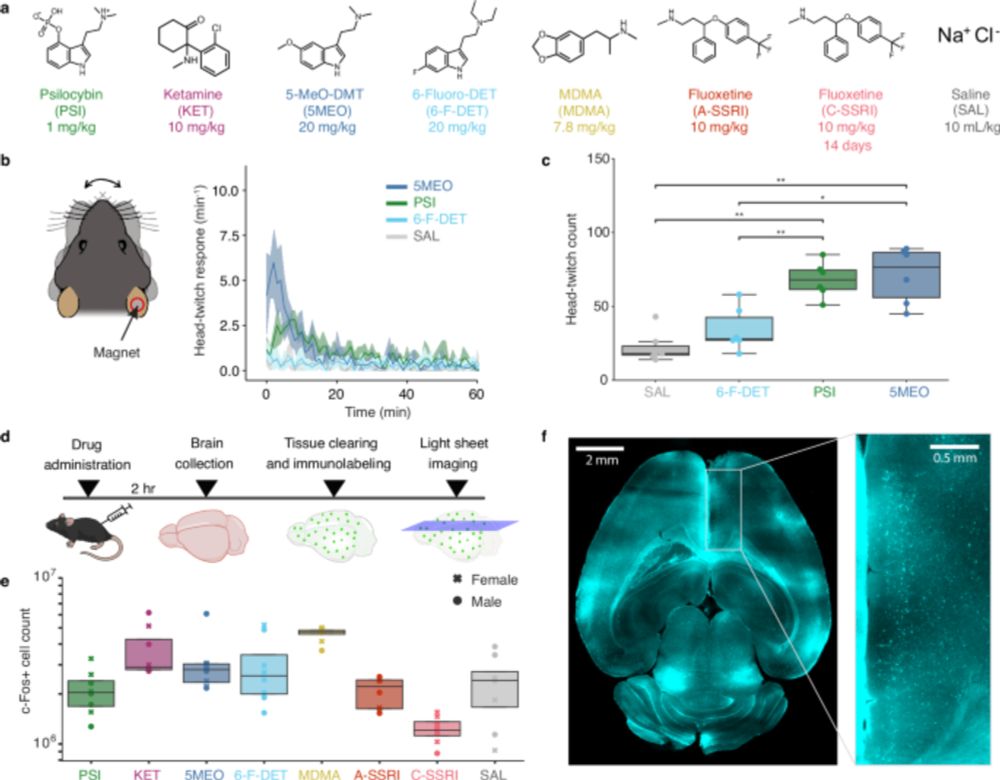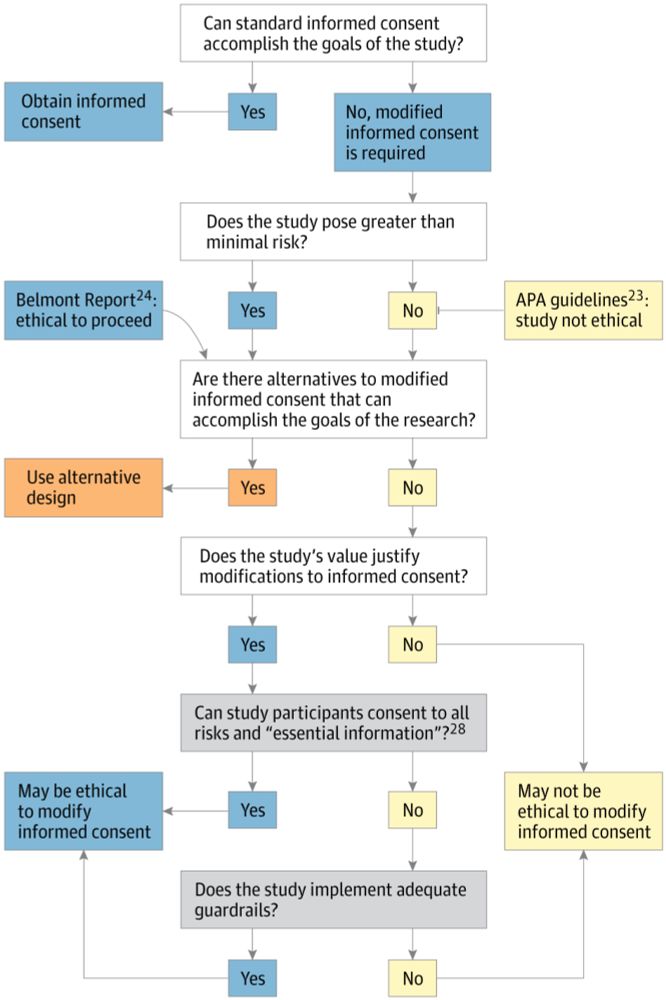Abby Lunge
@abby-lunge.bsky.social
130 followers
130 following
21 posts
Neuroscience MSc student 🧠 @UofC
📍Psychedelic & Cannabinoid Therapeutics Lab
Interested in the impacts of childhood maltreatment, psychiatric health, and novel therapeutic approaches 🍄🟫
Posts
Media
Videos
Starter Packs
Abby Lunge
@abby-lunge.bsky.social
· May 17
Leah Mayo
@mayoonthebrain.bsky.social
· May 17

The efficacy of elevating anandamide via inhibition of fatty acid amide hydrolase (FAAH) combined with internet-delivered cognitive behavioral therapy in the treatment of post-traumatic stress disorde...
Neuropsychopharmacology - The efficacy of elevating anandamide via inhibition of fatty acid amide hydrolase (FAAH) combined with internet-delivered cognitive behavioral therapy in the treatment of...
www.nature.com
Abby Lunge
@abby-lunge.bsky.social
· Mar 17
Katrin Preller
@katrinpreller.bsky.social
· Mar 15

Psilocybin-assisted therapy for relapse prevention in alcohol use disorder: a phase 2 randomized clinical trial
Despite the promising therapeutic effects of psilocybin, its efficacy in preventing relapse after withdrawal treatment for alcohol use disorder (AUD) …
www.sciencedirect.com
Abby Lunge
@abby-lunge.bsky.social
· Feb 14
Alex Kwan
@alexkwan.bsky.social
· Feb 13

Classification of psychedelics and psychoactive drugs based on brain-wide imaging of cellular c-Fos expression - Nature Communications
A challenge in psychiatric drug discovery is to predict the therapeutic potential of a novel compound. Here, the authors show that brain-wide imaging of immediate early gene expression can be used to ...
www.nature.com
Reposted by Abby Lunge
Matt Hill
@cannabrain.bsky.social
· Jan 31
Abby Lunge
@abby-lunge.bsky.social
· Jan 29
Reposted by Abby Lunge
Abby Lunge
@abby-lunge.bsky.social
· Dec 31
Zoë Dubus
@zoe-dubus.bsky.social
· Dec 30

Harm reduction must replace punitive drug policies
The so-called war on drugs has failed. In the last century, countries have increasingly attempted absolute prohibition of drug use, often via penal measures. Despite global action, these policies have not deterred drug use: we have reached record levels of “abuse, illicit cultivation and production and manufacture of narcotic drugs and psychotropic substances”, as acknowledged at the 2024 UN Commission on Narcotic Drugs. Drug trafficking networks have become increasingly sophisticated and violent, and deaths related to drug use have increased.
www.thelancet.com
Abby Lunge
@abby-lunge.bsky.social
· Dec 21
Abby Lunge
@abby-lunge.bsky.social
· Dec 18
Fionna O’Leary
@fascinatorfun.bsky.social
· Dec 18
















